Are upper secondary school students in Vietnam allowed to use phones at schools?
Are upper secondary school students in Vietnam allowed to use phones at schools?
Pursuant to Article 37 of the Charter of lower secondary schools, upper secondary schools, and multi-level schools issued with Circular 32/2020/TT-BGDDT:
Prohibited behaviors of students
- Insulting the dignity and honor, infringing on the physical integrity of teachers, school staff, others, and other students.
- Cheating in learning, testing, exams, and admissions.
- Buying, selling, and using alcohol, beer, tobacco, narcotics, other stimulants, fireworks, and explosive substances.
- Using mobile phones and other devices during class sessions that are not for learning purposes and without the teacher's permission.
- Fighting, causing disorder, and insecurity in school and public places.
- Using and exchanging cultural products with content promoting violence and pornography; using or playing games detrimental to healthy development.
- Students are not allowed to commit other prohibited acts as per the law.
Upper secondary school students are not allowed to use mobile phones and other devices during class sessions unless they are for learning purposes and with the teacher's permission.
As such, upper secondary school students are allowed to use mobile phones at school under the condition that they do not use them during class sessions or for purposes unrelated to learning, and their use must be permitted by the teacher.
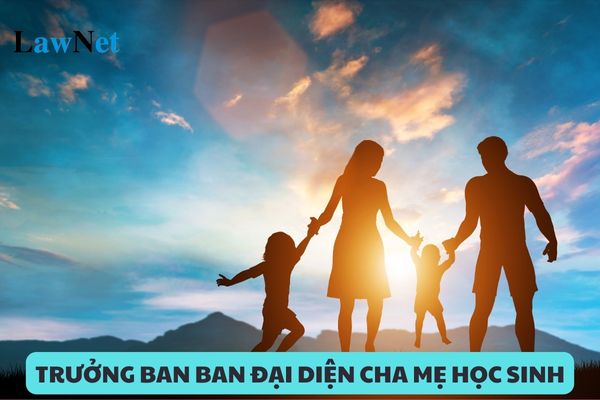
Are upper secondary school students in Vietnam allowed to use phones at schools? (Image from Internet)
What are the duties of upper secondary school students in Vietnam?
According to Article 34 of the Charter of lower secondary schools, upper secondary schools, and multi-level schools issued with Circular 32/2020/TT-BGDDT, the duties of upper secondary school students are as follows:
- Fulfill the tasks of learning and training according to the school's educational program and plan.
- Respect parents, staff, teachers, school employees, and elderlies; unite and help each other in learning and training; comply with the school's regulations and rules and adhere to state laws.
- Train physically and maintain personal hygiene.
- Participate in collective activities of the school, class, Ho Chi Minh Young Pioneer Organization, and Ho Chi Minh Communist Youth Union; assist families, participate in labor and social activities, environmental protection activities, and ensure traffic safety order.
- Preserve and protect the school's property and public property; contribute to building, protecting, and promoting the school's traditions.
What are conditions for upper secondary school students in Vietnam to achieve the title of excellent student?
According to Article 15 Circular 22/2021/TT-BGDDT on excellent students:
Commendation
- The principal awards certificates of merit to students
a) End-of-year commendation
- Commendation for the title "Outstanding Student" for those with an annual rating of Excellent in conduct and learning, and having at least 06 subjects evaluated both by teacher comments and scores with an average score of 9.0 points or higher.
- Commendation for the title "Excellent Student" for those with an annual rating of Excellent in conduct and learning.
b) Commendation for students with exceptional achievements in conduct and learning during the school year.
- Special achievement students are considered for higher-level commendation by the school.
To achieve the title of excellent student, upper secondary school students must meet the following conditions:
- An annual rating of Excellent in conduct;
- An annual rating of Excellent in learning.
What are conditions for upper secondary school students in Vietnam to be promoted to the next grade?
Pursuant to Clause 1, Article 12 Circular 22/2021/TT-BGDDT, upper secondary school students must meet the following conditions to be promoted to the next grade:
- An annual rating of conduct (including re-evaluation results after summer training as per Article 13 Circular 22/2021/TT-BGDDT) of Acceptable or higher.
- An annual rating of learning (including re-evaluation results as per Article 14 Circular 22/2021/TT-BGDDT) of Acceptable or higher.
- Absences from school not exceeding 45 days in a school year (according to the educational plan of 01 session/day as stipulated in the General Education Program, including excused and unexcused absences, continuous or non-continuous absences).
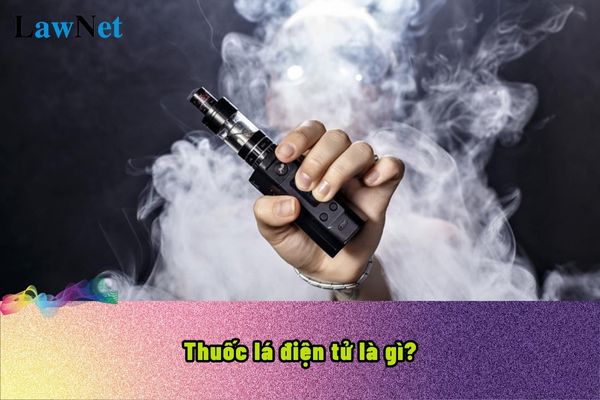


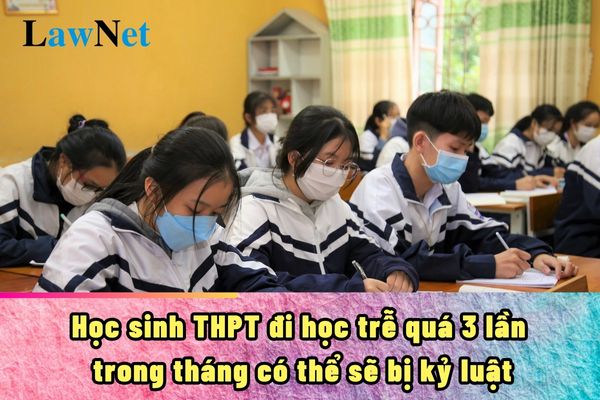
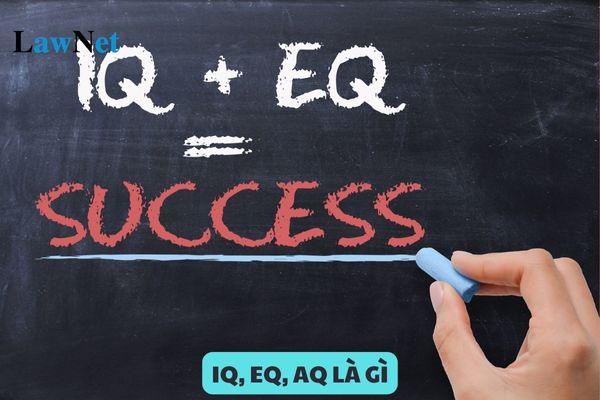
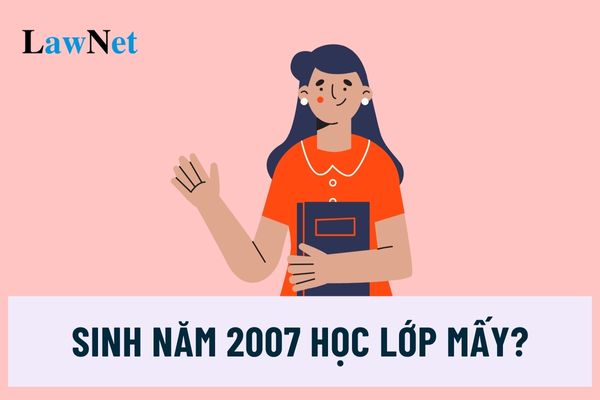
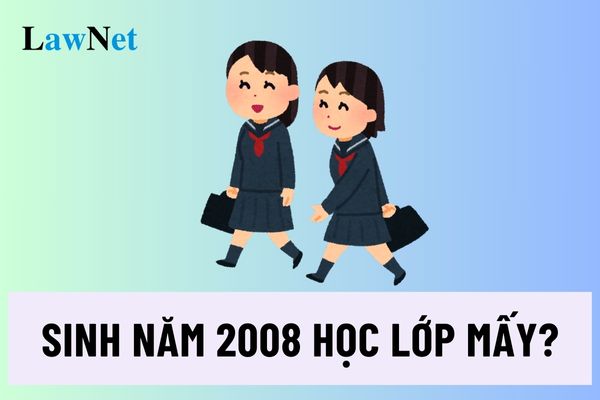
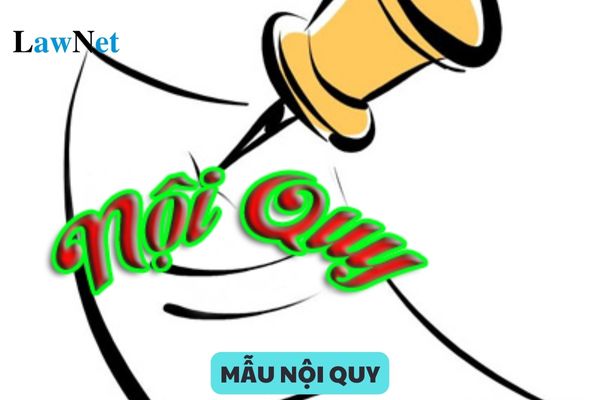
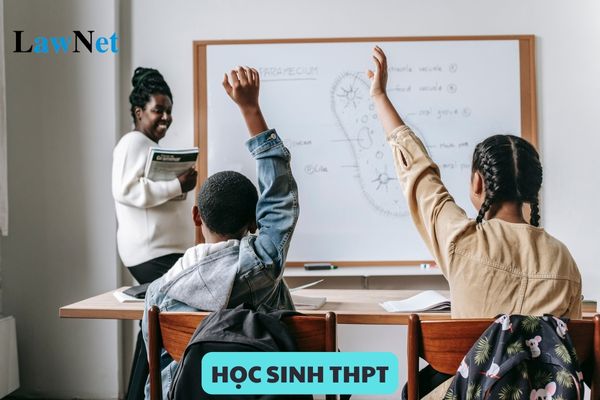
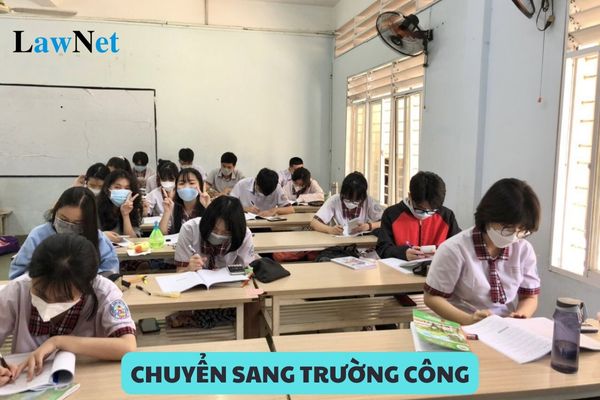
- Vietnam: What is the sample outline of an essay on the analysis of expressions of national spirit in the Poem "Việt Bắc" for 12th-grade students? What patriotic qualities are required for 12th-grade students?
- Vietnam: What are your thoughts on the Poem "Tiếng ru" by To Huu? How many lessons are there in the 12th-grade Literature curriculum per year?
- What are the sample essays describing your grandfather for 5th-grade students in Vietnam? What are the assessment criteria for 5th-grade students in 2024?
- Vietnam: What are the sample social argumentative essays on social media etiquette for 10th-grade students? What Vietnamese knowledge do 10th-grade students learn?
- Vietnam: Why is the French Bourgeois Revolution considered the most thorough one? What learning outcomes are required for 11th-grade students after studying the bourgeois revolution?
- Vietnam: What is the atmosphere? What is the grade at which students are required to master the knowledge of the atmosphere in the History and Geography curriculum?
- Vietnam: Why does the phenomenon of day and night alternation occur on Earth? What is the grade at which students learn about the phenomenon of day and night alternation on Earth?
- What is the newest report template on distance education at the higher education level in Vietnam?
- Vietnam: What are the shortest sample expositions on Ba Den Mountain for 9th-grade students? What learning outcomes are required for the writing process in the 9th-grade Literature curriculum?
- In Vietnam, what does local time mean? What is the grade at which local time is taught in the History and Geography curriculum?

